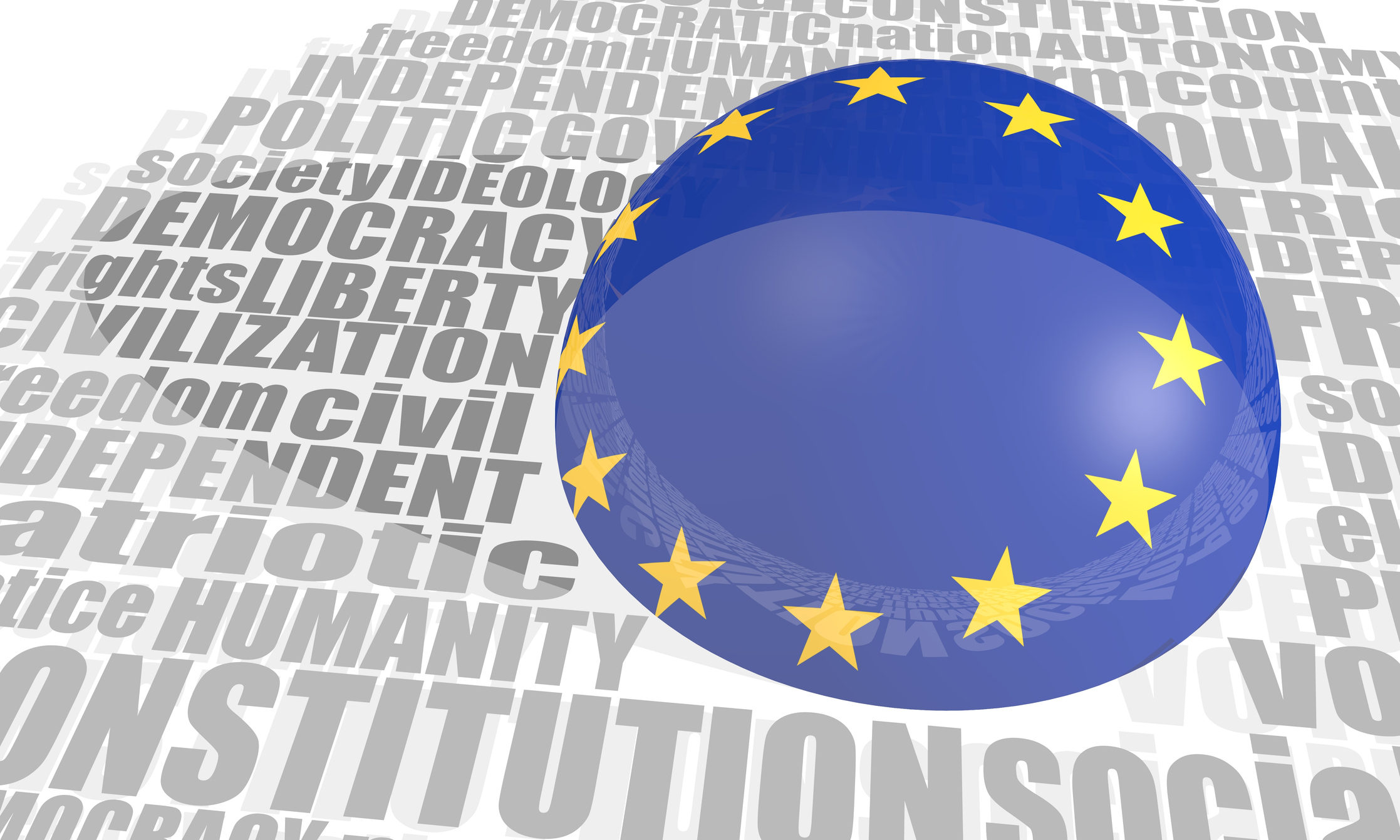
The trade union movement is part of a functioning democracy and the EU’s community of values
BlogThe Finnish trade union movement has defended workers’ interests in Brussels for as long as Finland has been a member of the EU – 30 years. Today, the joint advocacy organisation of SAK and STTK is FinUnions. Its important tasks are to safeguard the interests of Finnish workers in the EU institutions, to take an active role in international trade union organisations and networks, and to convey up-to-date information to Finland about EU projects and plans on issues relevant to workers and the trade union movement.
The Finnish trade union movement had a positive stance on Finland’s EU membership already in the early 1990s and during the membership process. One could even say that this positive attitude influenced the outcome of the referendum in such a way that today we can celebrate both 30 years of EU membership and 30 years of Finnish trade union advocacy work in Brussels. In these uncertain and troubling times, one can only imagine what Finland’s position would be if we had not applied and joined the EU back then. We need to express our gratitude to the wise trade union leaders and decision-makers of that time, who clearly recognised the changes in the world, ongoing developments, and Finland’s best interests.
Achieving results through negotiating
EU membership has of course not been a bed of roses. Market liberalisation, intensifying global competition, and later EMU membership and the introduction of the euro brought many problems and challenges also for labour market organisations and especially the trade union movement. Yet, issues were solved bilaterally and trilaterally, and ways forward were found in cooperation. Consensus was sought and consensus delivered results. Not always easily or effortlessly, but through negotiating and agreeing. In today’s political climate and state of industrial relations, this might no longer be possible.
The European Union is not only an internal market and monetary union. Its social dimension has been strengthened and gained importance, which is crucial for the EU’s legitimacy. The EU enlargement in 2004 further highlighted the significance of the social dimension. In the older Member States, there were concerns about maintaining standards of working conditions and about growing social dumping.
EU legislation supporting Finnish workers
Working conditions and social protection were long considered to be mainly national matters. In Finland, we assumed that the level of working conditions, the social dialogue between labour market parties, occupational safety, equality, and many other labour market issues were so advanced and firmly protected that EU legislation, regulation, nor coordination would affect them. The reality turned out quite different. European occupational safety legislation has improved Finnish workplace safety, and equality and equal pay issues have advanced through EU legislation.
As Finland’s current right-wing government attacks the trade union movement and weakens workers’ rights and protections, EU legislation has provided support and a safety net against the harshest cuts and assaults. International standards remain the ultimate protection for Finnish workers. Similarly, the EU’s founding treaties, which enshrine the special role of social partners and social dialogue, provide a backbone for the trade union movement in the face of attacks by right-wing politicians. The trade union movement and organised workers are not some marginal, semi-criminal civic organisation, but a vital part of a functioning democracy, of the social market economy, and of the European idea. The European Union is not only an economic, political, and social community, but very much also a community of values. We must uphold and strengthen these European values. The Finnish and European trade union movement are a strong part of this community of values and reinforce the European idea and sense of unity.
European values must be protected
Without the trade union movement, without social dialogue, without a social dimension, we would not be Finnish and European in the same sense. These values, ways of working, and procedures must be cherished, especially now, as the world seems to be heading in another direction – one that forgets democracy, the rule of law, equality, human and trade union rights, and many other things once regarded as almost self-evident. The Finnish trade union movement must continue working and striving for these causes at home, in Brussels, and globally in the years and decades to come.
Read the blog in Finnish here.

